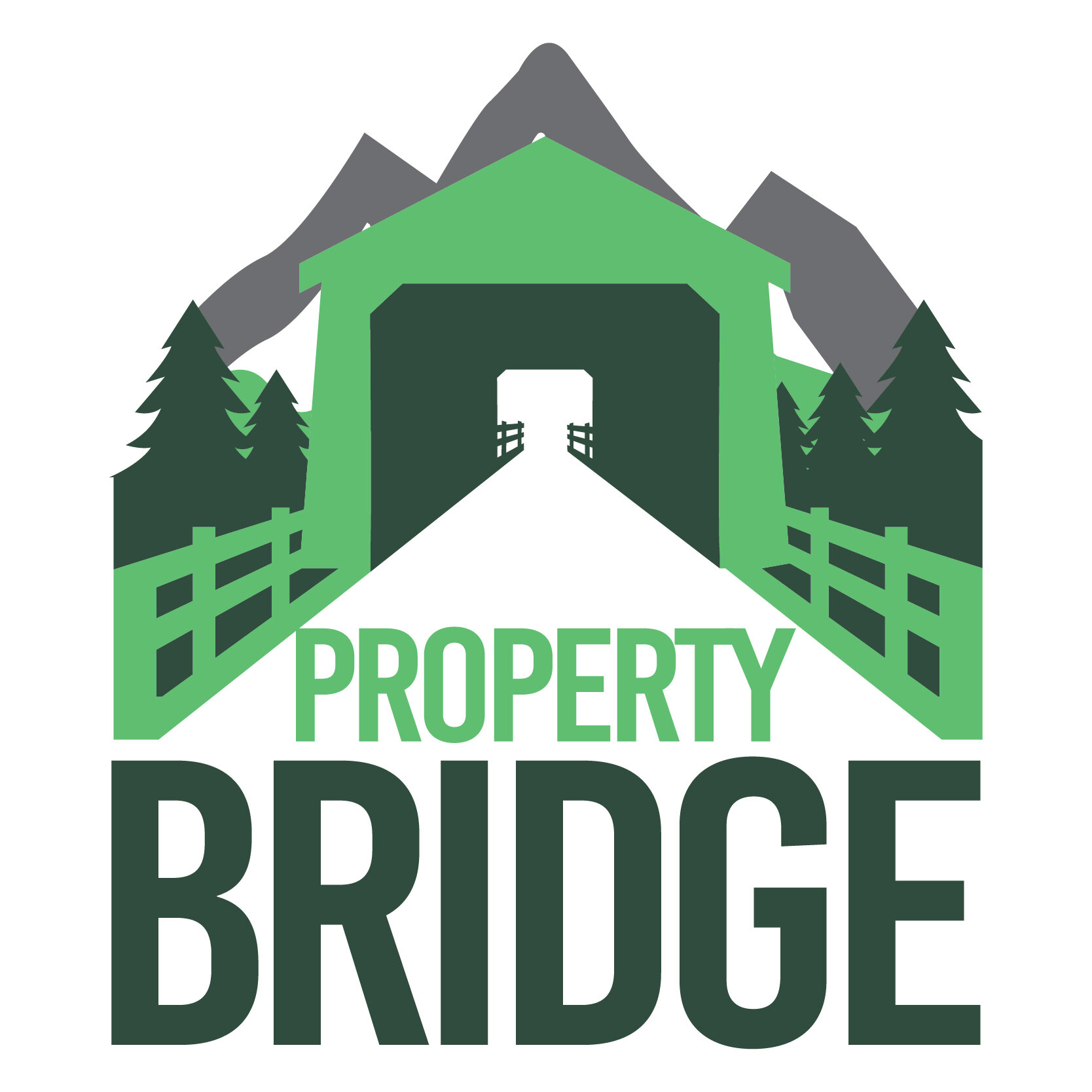Local OR homeowners who are facing a financial challenge may find themselves in foreclosure.
Foreclosure is when the mortgage loan doesn’t get paid back and the bank begins the process to take ownership of the property to recoup its losses.
If you find yourself entering the foreclosure process, you might wonder if there is anything you can do about it. Depending on your timeline there is a good chance you can.
In this blog post, you’ll read about a few foreclosure prevention measures in Eugene that you can take to keep your home from foreclosure.
Foreclosure prevention measures in Eugene OR
These foreclosure prevention measures might not all work in your situation but we’re telling you about them so you can make the decision for yourself:
1. Pay off your mortgage / sell your property. The quickest and easiest way to end the foreclosure process is to pay off your mortgage. This is all that your lender is concerned about. Admittedly, this is not always possible, which is perhaps the reason that you’re in foreclosure in the first place. If your home is still worth what is left on the mortgage or you have equity in the property, then there is a good chance that if you sell your home that not only will you be able to pay your lender what you owe, but you may also be able to walk with cash in your pocket.
2. Work out a deal with your bank. Sometimes you can work out a deal with your bank where you sit down with a mortgage or foreclosure specialist and talk to them about changing the structure of your mortgage. Perhaps your payments get spread out so they are lower each month, for example. Just make sure that the deal works for you — you don’t want to just repeat the process.
3. Do a short sale. A short sale is when you sell the property and use the proceeds of the sale to pay down or pay off your outstanding amount with the bank. This keeps a foreclosure from impacting your credit score and can appease your lender. You will need to negotiate the terms with your mortgage company and this process can take time.
4. Give your deed in lieu. Another option would be a deed-in-lieu-of-foreclosure, which basically means that you will hand over the deed to your house to the bank and they agree not to put you through foreclosure. This will often only work if your house is worth approximately the amount owing on the mortgage. If not, the bank may pursue the difference. This option should only be considered if you have run out of time to sell your home and foreclosure is eminent.
5. File for bankruptcy. In some ways, a bankruptcy is far more dramatic than a foreclosure because it impacts your whole life. However, once you file for bankruptcy, the foreclosure process has to stop so it’s still a foreclosure prevention measure. This is a last ditch option and having a bankruptcy or a foreclosure on your record will not only damage your credit severely, but it will make renting or buying your next home EXTREMELY difficult. It could take years (up to a decade) to start to rebuild your financial stability.
IF YOU ARE IN PRE-FORECLOSURE YOU ARE UP AGAINST THE CLOCK.
If you’re not sure which one to do, start by first calling your lender and find out exactly what you owe and what steps are needed to slow or stop the foreclosure process. Extensions are often available, but keep in mind that your mortgage still has to be paid.
If you want to put everything behind you and move on with your life then consider selling your home and paying off your mortgage with that money. Property Bridge specializes in assisting home owners who have found themselves in pre-foreclosure. We have worked with many people in this situation and have been able to help them get out from under their debt which has allowed them to start fresh with options still available to them.
It is free to talk with us and there is no obligation to sell.
